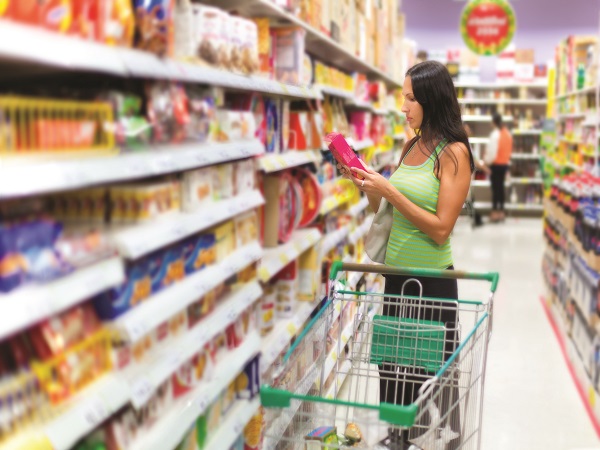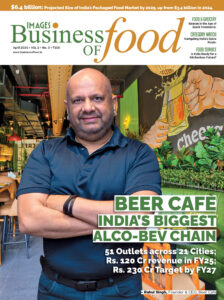The packaged food market in India is expected to expand at a CAGR of 11.1% from 2022 to 2027, driven by increased consumption occasions and favourable economic conditions. But despite ranking among the top 10 markets globally, India’s per capita spends on packaged food remains relatively low, leaving ample room for growth. In 2022, packaged food in India displayed double-digit value growth…




